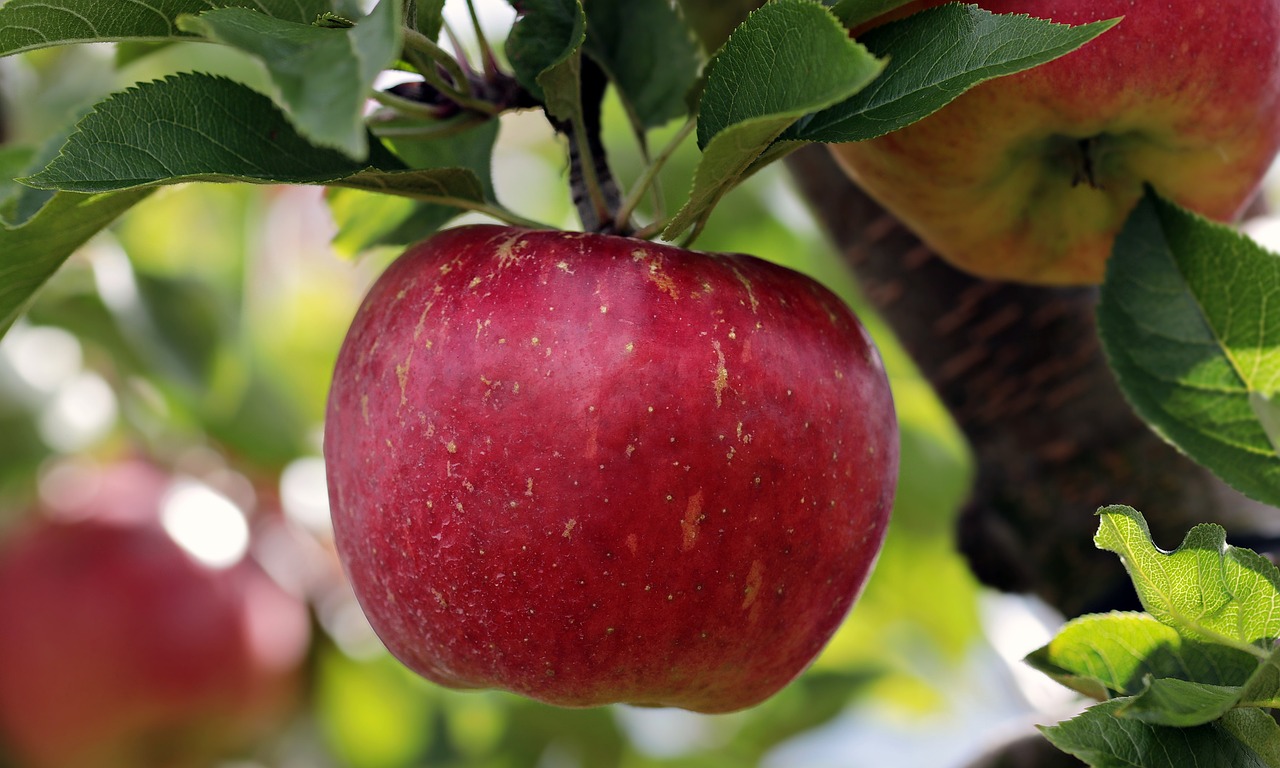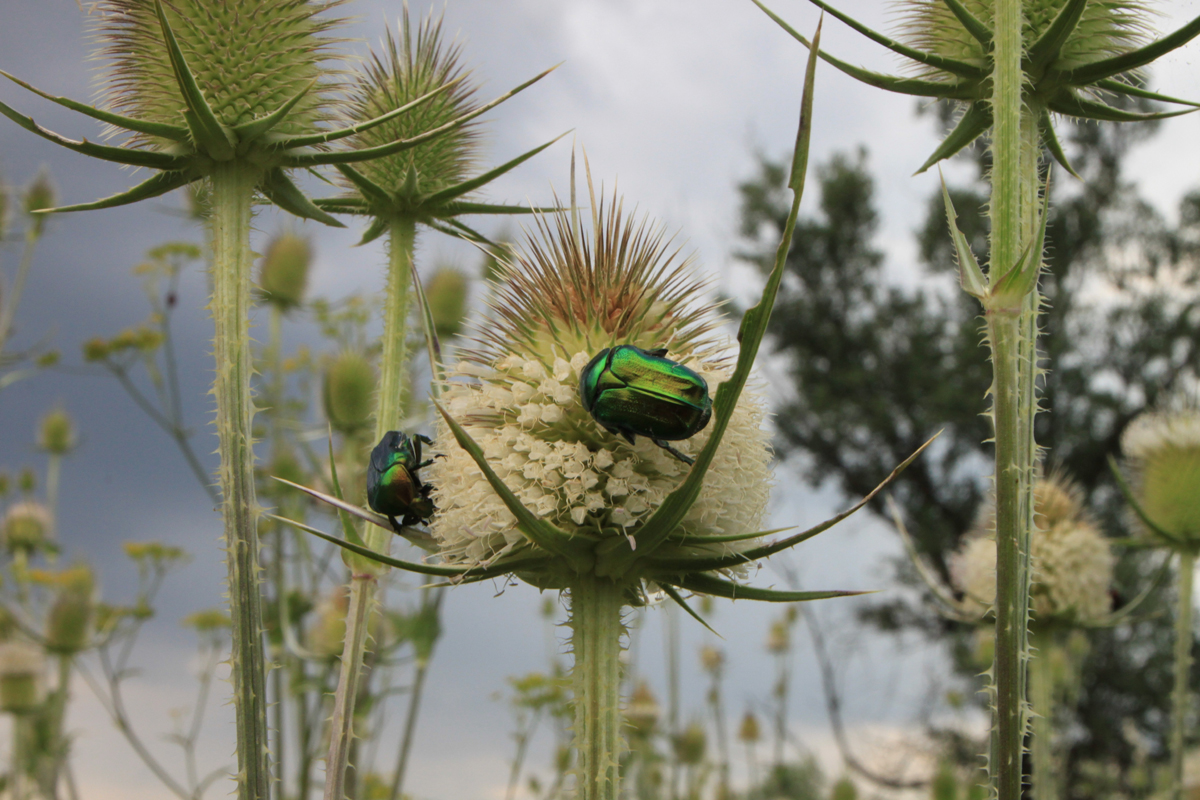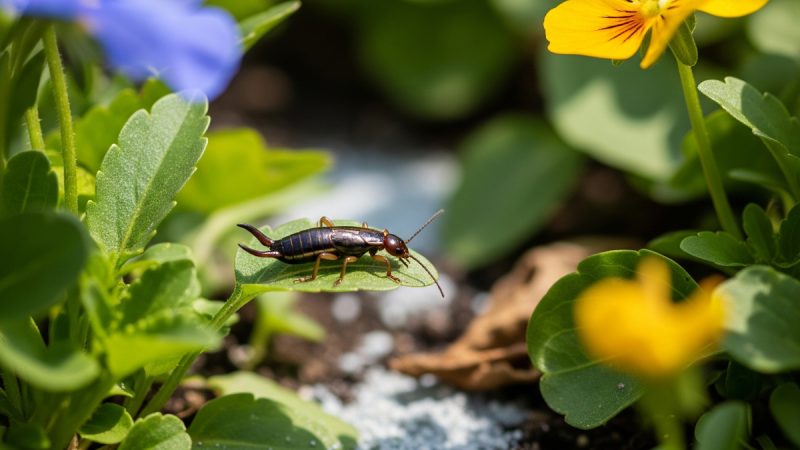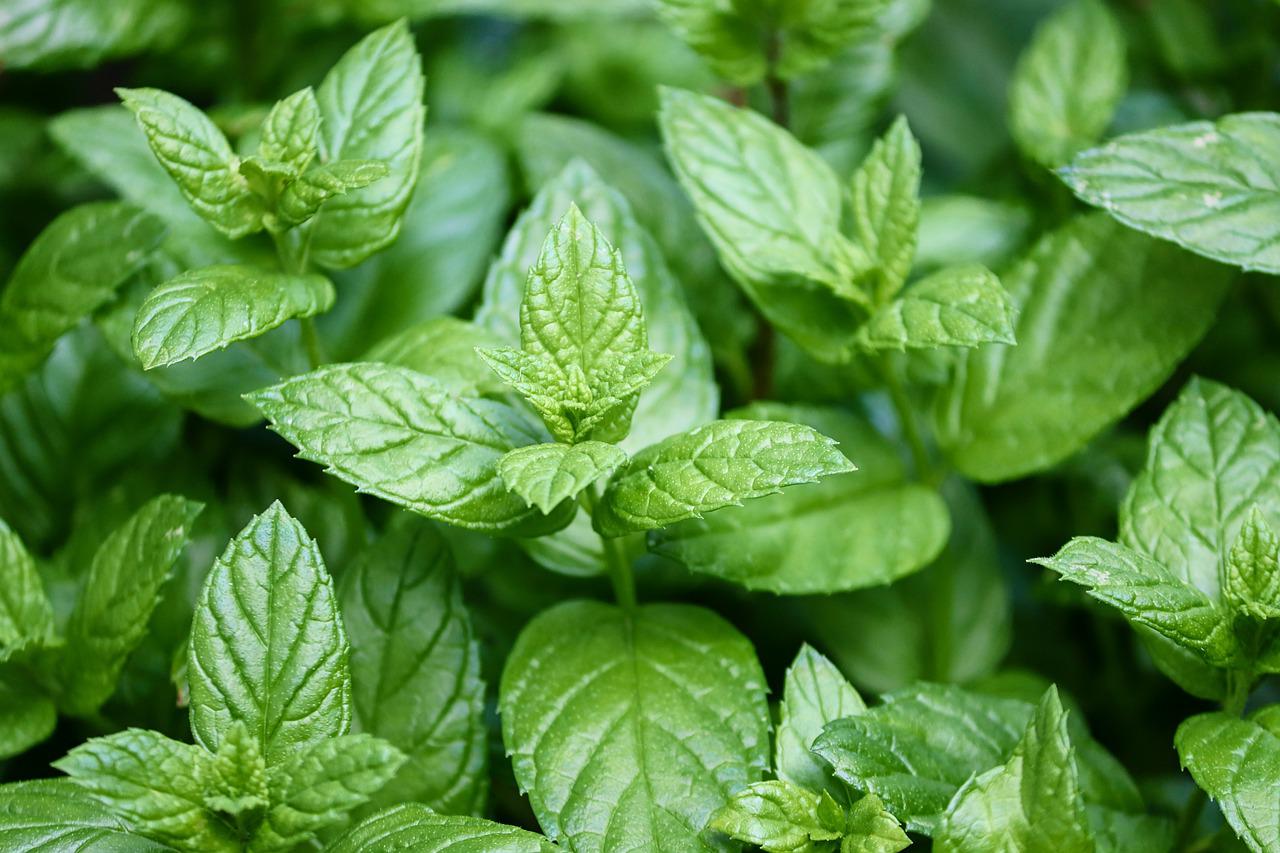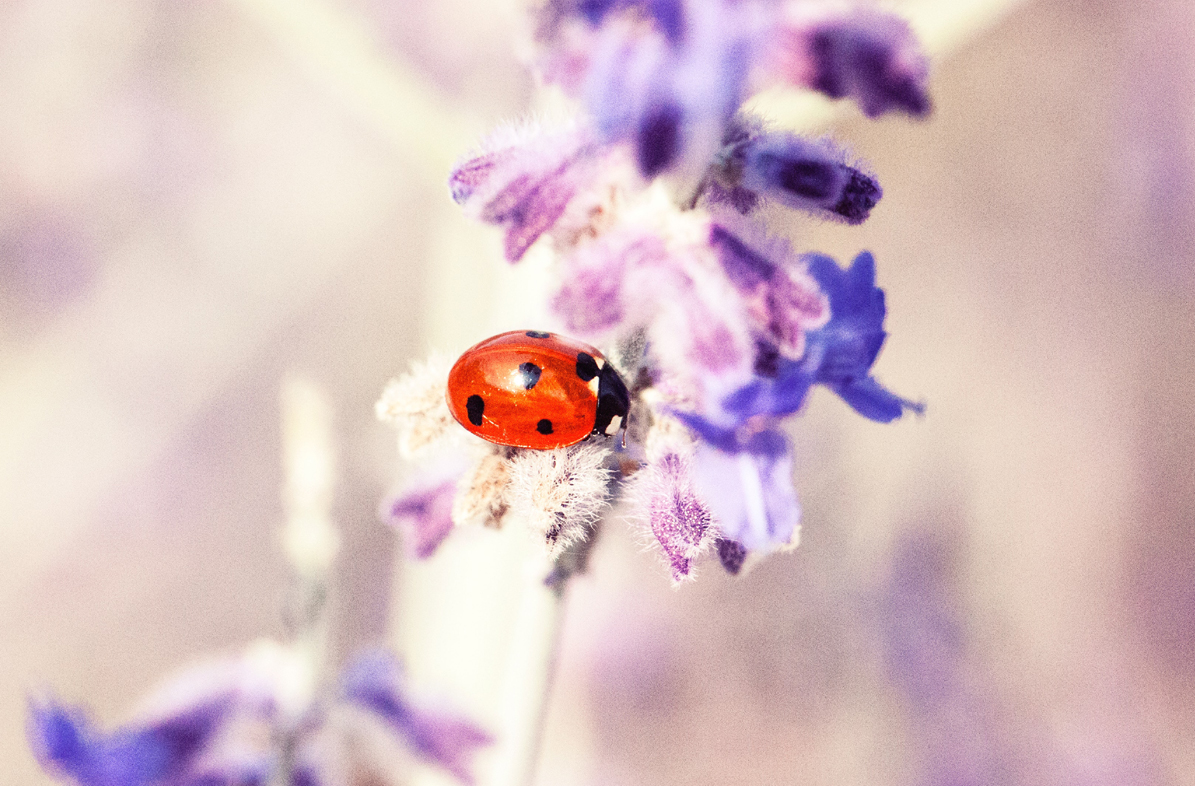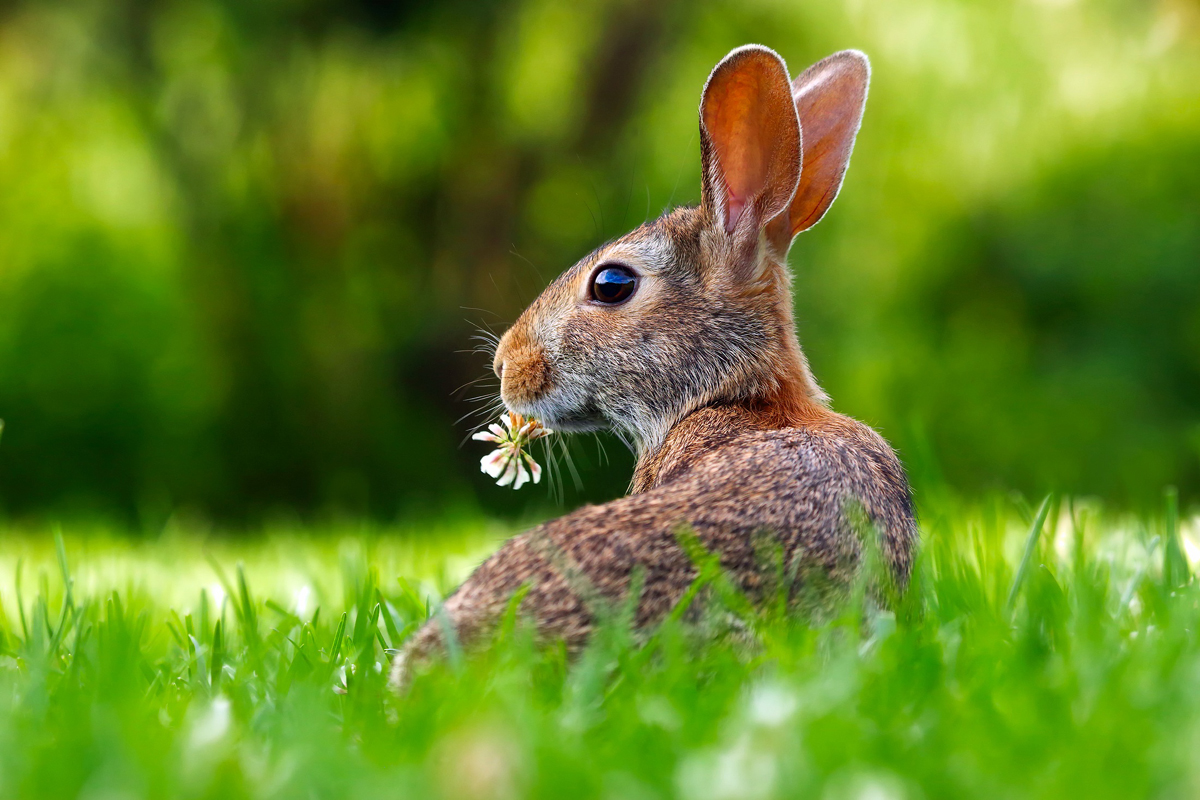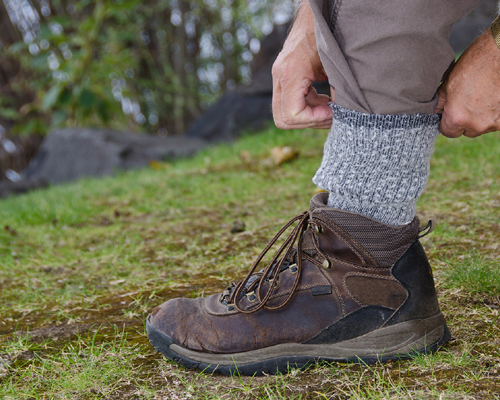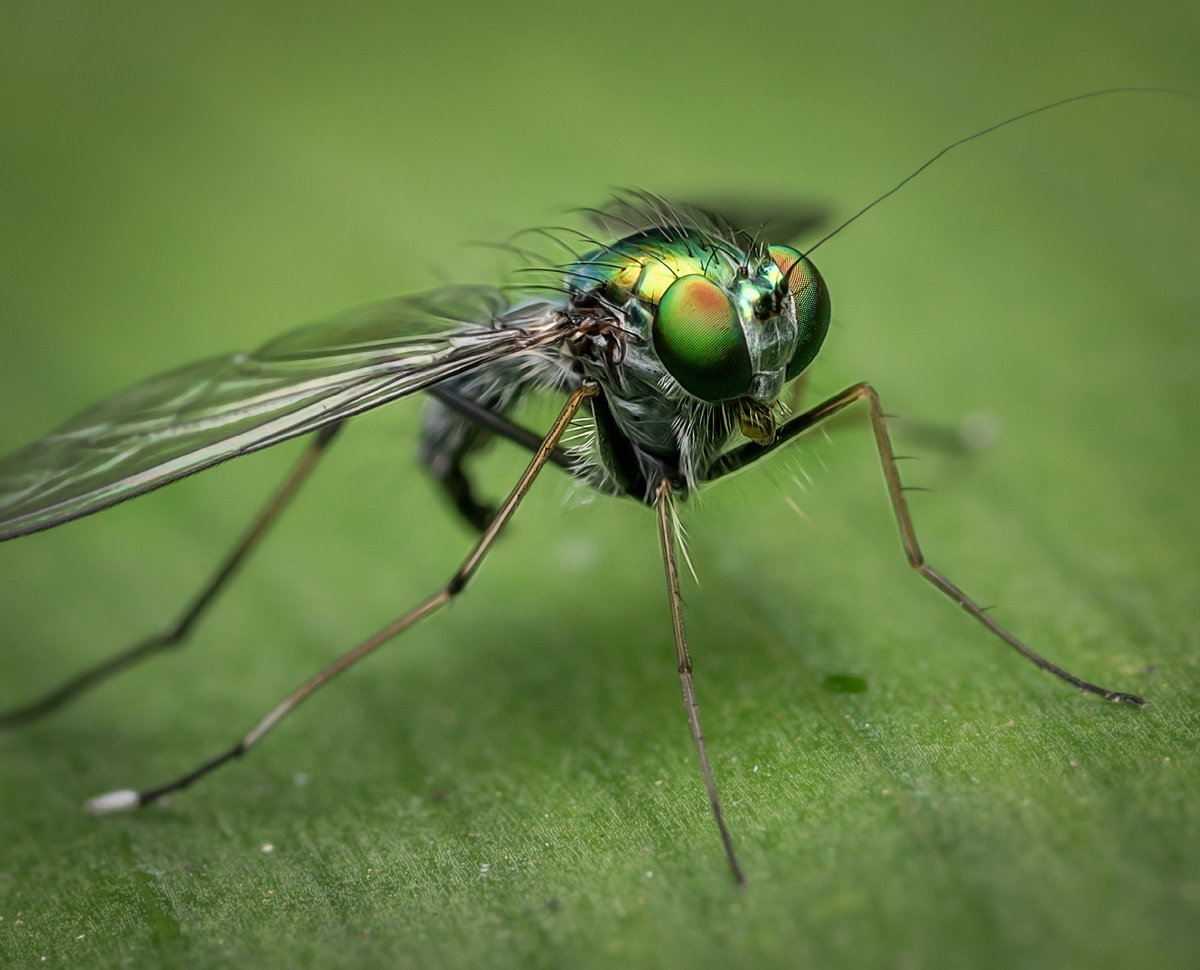The Lowdown on Snails in Your Garden
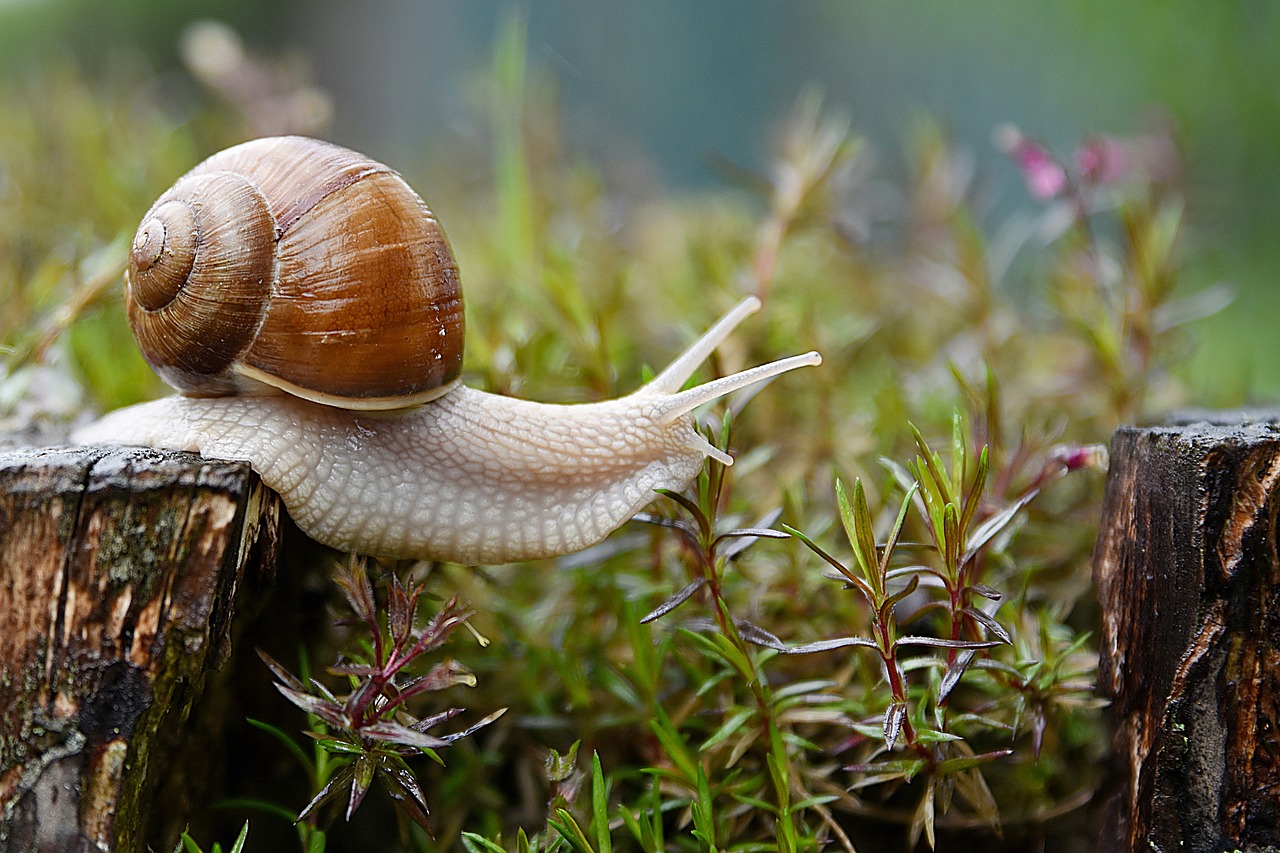
Snails are mollusks that have been around for millions of years. They are generally found in damp environments and can be helpful to the ecosystem. However, if you have a garden, snails can become a nuisance as they feed on foliage and plants. In this article, we will go over snails’ eating habits, lifecycle, predators, and natural remedies to help you manage snails in your garden.
Eating Habits
Snails are herbivores, which means they feed on plants. They can eat anything from leaves and stems to fruits and flowers, making them a serious threat to your garden. Snails are known to be most active during the night as they prefer cool and damp environments. They leave slimy trails behind them, making it easy to trace their movements in your garden.
Lifecycle
The lifecycle of a snail starts when they lay their eggs in small clusters of about a dozen. These eggs are protected within a tough, jelly-like substance that keeps them moist until they hatch. It takes about two weeks for the eggs to hatch into baby snails, also known as hatchlings.
Snails are hermaphrodites, which means they have both male and female reproductive organs. This allows them to mate with almost any other snail they encounter. Once snails mate, they lay their eggs and start the lifecycle all over again.
Predators
Snails have various predators in the wild that keep their population in check. Some common predators include birds, lizards, and other small animals. However, in your garden, the predators are usually limited to other insects, such as beetles or ants.
Natural Remedies
If you have snails in your garden, there are several natural remedies you can try to get rid of them. One of the easiest methods is to avoid creating moist environments that snails prefer. This can be done by removing any debris or clutter in your garden, as snails love to hide in cool, dark places.
You can also try using barriers to keep snails away from your plants. Some effective methods include using copper tape or eggshells around your garden beds or planting aromatic herbs such as rosemary, thyme, or sage. Snails are repelled by the smell of these herbs and will usually avoid them.
Another natural remedy is to create traps for snails using beer. Simply place a shallow dish of beer in your garden, and the snails will be attracted to the yeast in the beer and drown in the dish. You can also handpick snails from your plants and relocate them to a more suitable environment.
Snails are fascinating creatures that can be a nuisance in your garden. To manage snails effectively, you need to understand their eating habits, lifecycle, predators, and natural remedies. By using the methods discussed in this article, you can create a snail-free garden and enjoy your plants and foliage without worry.
The Author:
Pioneerthinking.com – Ingredients for a Simple Life.
Photo. Azeret3

